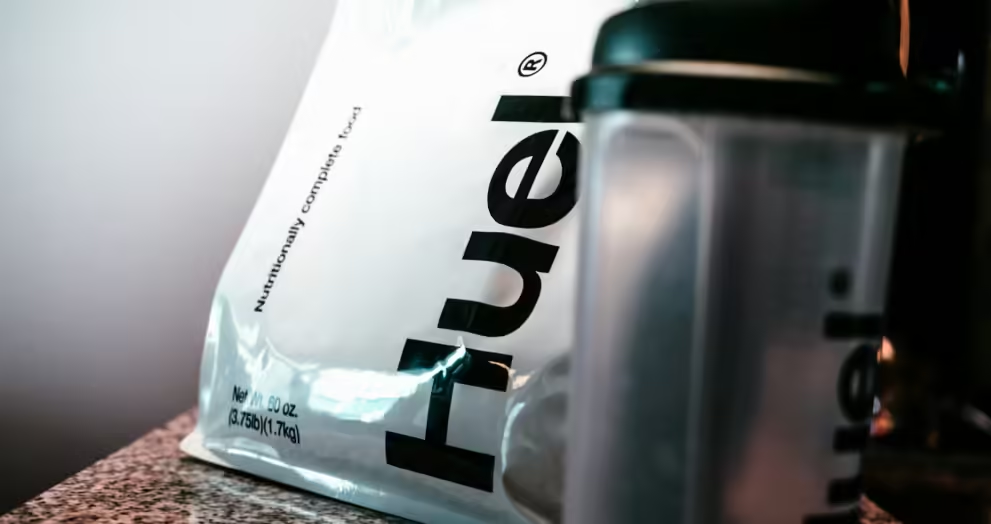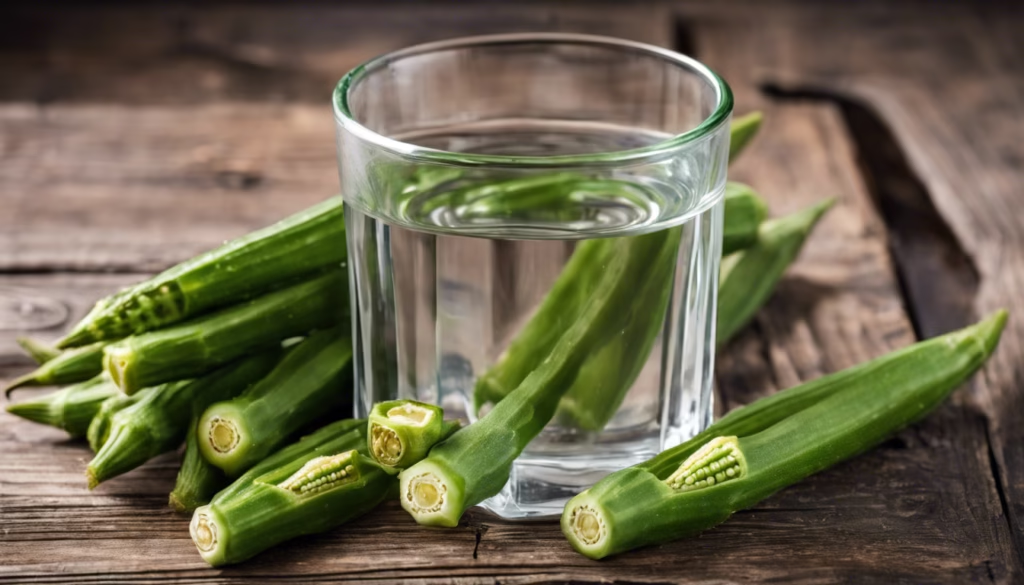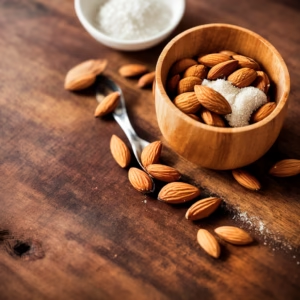As fitness enthusiasts increasingly turn to protein powders for muscle recovery and growth, it’s essential to unpack potential risks associated with these popular supplements. While protein powder can offer benefits, it also harbors hidden dangers that users should consider. In this article, we delve into nine critical concerns surrounding protein powder, enhancing your understanding and helping you make informed choices.
Hidden Dangers of Protein Powder
- Heavy Metals Contamination
Many protein powders, particularly those made from plant sources, may contain significant levels of heavy metals such as lead, arsenic, cadmium, and mercury. A study by the Clean Label Project revealed that several top-selling protein powders tested positive for these toxic substances, raising concerns about long-term consumption. - Impostor Ingredients
It’s not uncommon for protein powders to include fillers or unlisted ingredients, potentially compromising their integrity. Some products may contain artificial sweeteners, preservatives, or even protein derived from lower-quality sources, which can lead to gastrointestinal issues or allergic reactions. - Digestive Problems
Digestive discomfort is a common complaint among protein powder users. Many powders contain lactose, which can cause bloating and gas in lactose-intolerant individuals. Furthermore, excessive consumption may lead to other digestive issues such as diarrhea, cramping, and constipation. - Kidney Stress
Excessive protein intake from supplements can put additional strain on the kidneys, especially in those with pre-existing kidney conditions. Concerns have been raised about the long-term effects of high-protein diets and powders, leading to debates about their suitability for certain populations. - Hormonal Imbalances
Some protein powders, particularly those derived from whey or soy, can contain hormone-like substances that may disrupt the body’s natural hormonal balance. This is particularly concerning for women, as fluctuations in hormonal levels may lead to various health issues.

- Weight Gain
While protein powder can support muscle gain and recovery, overconsumption without adequate physical activity may lead to weight gain. Managing caloric intake is crucial, as extra calories from protein shakes can contribute to an unwanted increase in body fat. - Addiction to Convenience
Relying too heavily on protein powder may tempt individuals to forego whole foods that provide vital nutrients and along with proteins. It’s important to prioritize a balanced diet that focuses on nutrient-dense foods rather than relying solely on supplements for dietary protein. - Allergic Reactions
Some individuals may unknowingly consume protein powders that can trigger allergic reactions. Common allergens include whey (dairy), soy, peas, and gluten. Always check labels for potential allergens that could pose a risk. - Expiration and Quality Issues
The shelf life of protein powders can vary. Using expired products may lead to unstable compositions, potentially causing adverse reactions or diminished nutritional value.
Key Facts About Protein Powder
- Source Variety: Protein powders can be derived from whey, casein, soy, peas, rice, and hemp, among others.
- Transition Support: Transitioning to protein powder from whole foods must be done mindfully to avoid nutrient deficiencies.
- Functionality: Protein powder can aid muscle recovery post-workout, making it popular among athletes and fitness enthusiasts.

FAQ Section
Will protein powder make me fat?
Assuming proper caloric balance and an active diet, protein powder itself doesn’t inherently cause weight gain. However, excessive consumption can lead to an increased caloric intake.
Are protein powders safe?
Generally, when consumed in moderation and from reputable brands, protein powders can be safe. It is essential to check for third-party testing to ensure quality.
Can protein powder cause kidney stones?
High protein intake can potentially contribute to kidney issues, particularly in individuals with pre-existing conditions. Staying hydrated and monitoring intake is advisable.
How is protein powder made?
Protein powder is typically processed from whole food sources, which involves extracting and purifying proteins, followed by dehydration to create the powder form.
What does protein powder do to your body?
Protein powder supports muscle repair, enhances recovery after exercise, and helps in weight management when used appropriately.
When should protein powder be taken?
Protein powder can be consumed post-workout, as a meal replacement, or as a dietary supplement throughout the day, depending on individual goals.
Which protein powder is best?
The best protein powder differs per individual needs, dietary preferences, and fitness goals. Popular choices include whey for muscle gain and plant-based powders for vegan diets.
Protein powder for weight gain?
High-calorie protein powders with added carbohydrates are suitable for those looking to gain weight through increased protein and caloric intake.
Protein powder for weight loss?
Protein powders can aid weight loss by promoting satiety, preventing muscle loss during caloric deficits, and supporting metabolism.
Protein powder for pregnant women?
Consult with a healthcare provider before using protein powders during pregnancy to ensure safety for both mother and child.
Protein powder for women, men, athletes, and beginners?
Specific protein powders cater to different demographic needs, but the core function remains: assisting in meeting protein requirements without excessive calories.
Protein powder benefits?
Benefits include muscle gain, weight management, meal replacement, and supporting recovery in athletes.
Protein powder at home?
Homemade protein powders can be made by combining ground nuts, seeds, and legumes, offering a natural alternative to store-bought options.
Protein powder during pregnancy?
Consult a healthcare professional to evaluate the inclusion of protein powder in your diet during pregnancy.
Protein powder side effects?
Side effects may include digestive issues, allergic reactions, and potential hormone-related effects depending on the type of protein used.
Conclusion
While protein powder can be a valuable asset to your diet, it is crucial to approach its use with caution. By acknowledging these hidden dangers and employing responsible consumption, you can effectively harness the benefits of protein powder while minimizing potential risks. Remember to prioritize a balanced diet filled with whole foods and consult healthcare professionals regarding any dietary supplements.
Incorporating these insights will help individuals navigate the often complex world of protein supplements while focusing on achieving their fitness goals in a healthy and informed manner.
Hey there, amazing supporters! We’re on a fantastic journey to make a difference, and we need your help! 🌈✨ Want to be part of something BIG? It’s simple! Just click the link below and show us your support! Every click counts, and together we can achieve incredible things! Let’s make a lasting impact—your involvement matters! 💪❤️
Thank you for believing in our mission! Let’s do this together! 🎉🚀
Unleash your curiosity! Dive into thrilling travel adventures, blockbuster movie insights, cutting-edge health tips, and the latest tech breakthroughs! For the freshest blog posts, visit Wanderers Blog. Don’t miss out—subscribe to our newsletter today!
Disclaimer
This article is for informational purposes only and is not a substitute for professional medical advice. Always consult a healthcare provider before starting any new supplement regimen.
ProteinPowder #Fitness #HealthyEating #SupplementSafety #NutritionFacts #WeightLoss #PlantBasedProtein












